Harold Nicholas
Birth : 1921-03-27, Winston-Salem, North Carolina, USA
Death : 2000-07-03
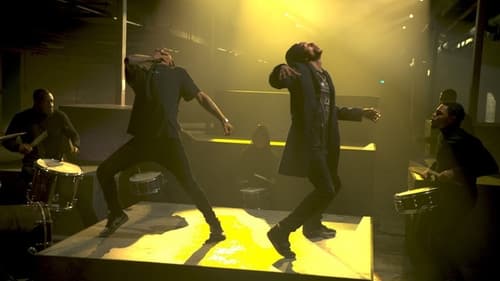
Self (archival footage)
In the 1940s, the Nicholas Brothers performed a dance routine so seminal it prefigured hip hop by three decades. Contemporary dancers Les Twins choreograph and perform their homage to the one and only duo.

Himself
Broadway: The Golden Age is the most important, ambitious and comprehensive film ever made about America's most celebrated indigenous art form. Award-winning filmmaker Rick McKay filmed over 100 of the greatest stars ever to work on Broadway or in Hollywood. He soon learned that great films can be restored, fine literature can be kept in print - but historic Broadway performances of the past are the most endangered. They leave only memories that, while more vivid, are more difficult to preserve. In their own words — and not a moment too soon — Broadway: The Golden Age tells the stories of our theatrical legends, how they came to New York, and how they created this legendary century in American theatre. This is the largest cast of legends ever in one film.

Self (archive footage)
A star-studded tribute (from the creators of That's Entertainment) to the contributions of Afro-Americans in film over the last century. Vanessa Williams traces the struggles and triumphs of the superstars of music and film. Among the many artists featured are: Whitney Houston, Ella Fitzgerald, Sammy Davis Jr., Diana Ross, Michael Jackson, Cab Calloway, Bill "Bojangles" Robinson, Ella Fitzgerald, and Little Richard, Also included are today's contemporary superstars: Snoop Dogg, Ice T, Quincy Jones, Spike Lee, Russell Simmons, and many, more! 80 minutes plus DVD bonus features.

Hal Dalzell
Tommy Fawkes wants to be a successful comedian. After his Las Vegas debut is a failure, he returns to Blackpool where his father—also a comedian—started, and where he spent the summers of his childhood.

Himself
The Nicholas Brothers are presented here in a way that reflects the joy and intrinsic goodness that seemed to come from their hearts, and express itself in brilliantly conceived and executed performances. The film addresses the difficult issues in their lives, such as Harold's health problems, and the fact that in the U.S. they were considered 2nd class citizens because of their race.
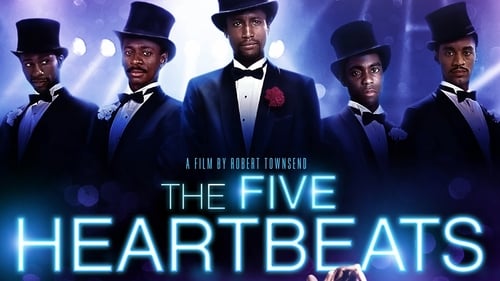
Sarge
In the early 1960s, a quintet of hopeful, young African-American men form an amateur vocal group called The Five Heartbeats. After an initially rocky start, the group improves, turns pro, and rises to become a top flight music sensation. Along the way, however, the guys learn many hard lessons about the reality of the music industry.
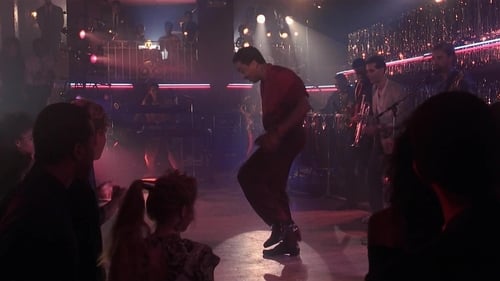
Harold
Max Washington has just been released from prison after serving time for burglary. He returns to his old hangout, a hoofer club. His old girl friend, Amy, who still works at the club as a Tap instructor, is less than thrilled to see him. Her father, Little Mo, is happy to see him, because he has plans for a show involving Max. In addition, Max's old partners in crime have another job for him.

Self (archive footage)
Stars celebrate Bob Hope's 50 years with NBC.
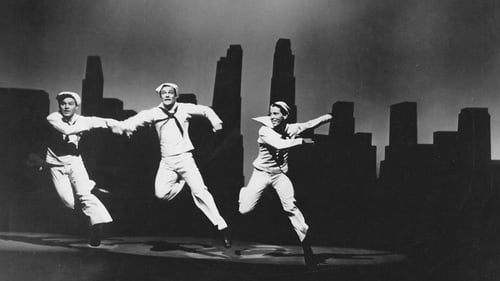
From 'Down Argentine Way' (archive footage)
A documentary film about dancing on the screen, from it's orgins after the invention of the movie camera, over the movie musical from the late 20s, 30s, 40s 50s and 60s up to the break dance and the music videos from the 80s.
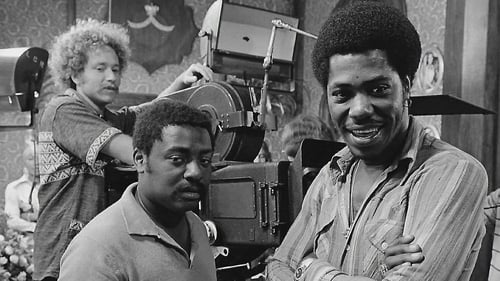
Midget
Fass Black, an accomplished black man in Los Angeles, is bullied to play another record labels music at his disco club, but continually refuses because it ain't groovy enough.
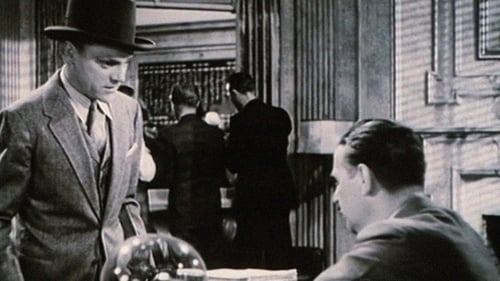
Self (archive footage)
Period music, film clips and newsreel footage combined into a visual exploration of the American entertainment industry during the Great Depression.
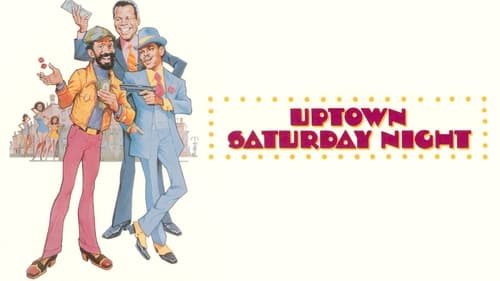
Little Seymour
Two blue-collar buddies search the underworld for a winning lottery ticket lost in a nightclub holdup.

(archive footage)
Various MGM stars from yesterday present their favorite musical moments from the studio's 50 year history.

Sidekick
Usually cast as secret agent/private eye Lemmy Caution, Eddie Constantine plays "Eddie" in The Empire of Night. This time, Constantine is a cabaret singer at odds with a criminal gang. When the villains try to take over every nightclub in town for their own nefarious purposes, Eddie sings a new tune with his fists. The story takes several unexpected turns, but Constantine remains in charge throughout.
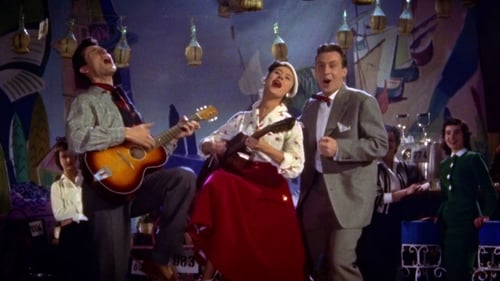
German musical with Caterina Valente and Peter Alexander.

Police detective and his plucky girl-reporter fiancée go after the gang that committed a train robbery.

Performer
A girl is engaged to the local richman, but meanwhile she has dreams about the legendary pirate Macoco. A traveling singer falls in love with her and to impress her he poses as the pirate.

Dancer
Linda Wadsworth rebels against her millionaire grandfather, J. H. Wadsworth, and runs away from home. Unknown to Mr. Wadsworth, she gets a job at one of his many five-and-ten-cents stores as a clerk.
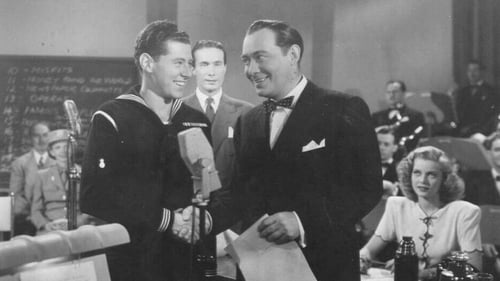
Himself
A young husband becomes a game-show participant in the hopes of winning the cash to pay his pregnant wife's doctor.
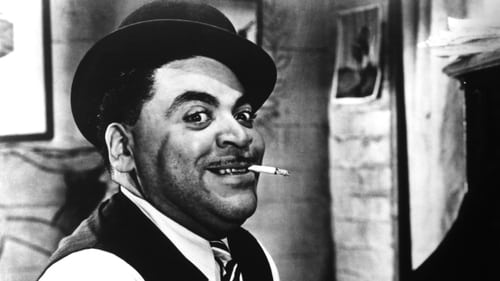
Dancer
Dancing great Bill Williamson sees his face on the cover of Theatre World magazine and reminisces: Just back from World War I, he meets lovely singer Selina Rogers at a soldiers' ball and promises to come back to her when he "gets to be somebody." Years go by, and Bill and Selina's rising careers intersect only briefly, since Selina is unwilling to settle down. Will she ever change her mind? Concludes with a big all-star show hosted by Cab Calloway.
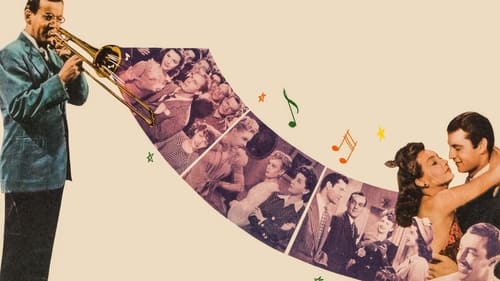
Dancer (as Nicholas Brothers)
Connie Ward is in seventh heaven when Gene Morrison's band rolls into town. She is swept off her feet by trumpeter Bill Abbot. After marrying him, she joins the band's tour and learns about life as an orchestra wife, weathering the catty attacks of the other band wives.
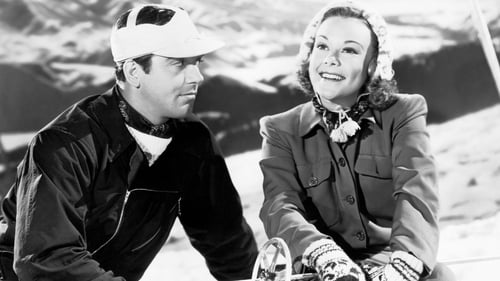
Specialty Dancer (uncredited)
When Phil Corey's band arrives at the Idaho ski resort its pianist Ted Scott is smitten with a Norwegian refugee he has sponsored, Karen Benson. When soloist Vivian Dawn quits, Karen stages an ice show as a substitute.
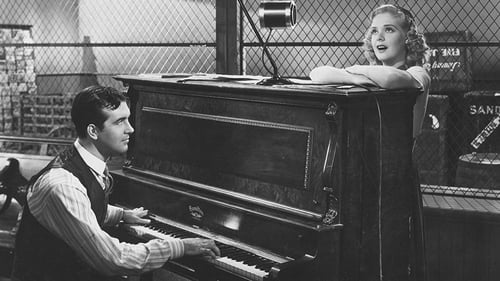
Railroad Station Dancer
After WWI two men go into radio. Failure leads the wife of one to borrow money from another; she goes on, after separation, to stardom. A coast-to-coast radio program is set up to bring everyone back together.
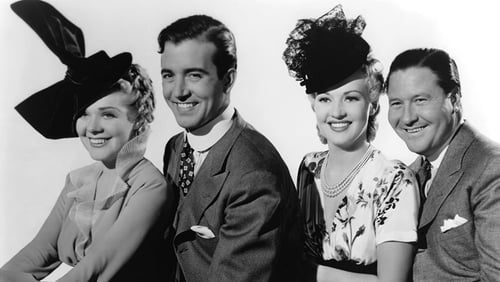
Dancer
Songwriters Calhoun and Harrigan get Katie and Lily Blane to introduce a new one. Lily goes to England, and Katy joins her after the boys give a new song to Nora Bayes. All are reunited when the boys, now in the army, show up in England.
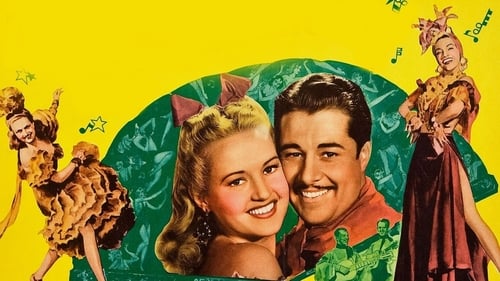
One of the Nicholas Brothers
The story—in which an American heiress on holiday in South America falls in love with an Argentine horse breeder against the wishes of their families—takes a backseat to the spectacular location shooting and parade of extravagant musical numbers, which include the larger-than-life Carmen Miranda singing the hit “South American Way” and a showstopping dance routine by the always amazing Nicholas Brothers.

The Nicholas family home movies capture a golden age of show business -- with extraordinary footage of Broadway, Harlem and Hollywood -- and also document the middle-class African-American life of that era, images made rare by the considerable cost of home-movie equipment during the Great Depression. Highlights include the only footage shot inside the Cotton Club, the only footage of famous Broadway shows like "Babes in Arms," home movies of an all African-American regiment during World War II, films of street life in Harlem in the 1930s, and the family's cross-country tour in 1934.

Specialty Act
Honest cop Tim Kerry struggles to keep his son Ritzy from becoming involved in a crime ring.

Dancer (uncredited)
The owner of a shoe polish company sponsors a radio show that showcases black performers. Since his wife's father put up the money to be the sponsor, she insists on singing on the show. She goes on after the main star, singer Nina Mae McKinney. The wife sings so badly that the sponsor's customers abandon him. He is forced to shine shoes on street corners, while Nina Mae and her boyfriend win a bet on a daily number and end up on easy street.
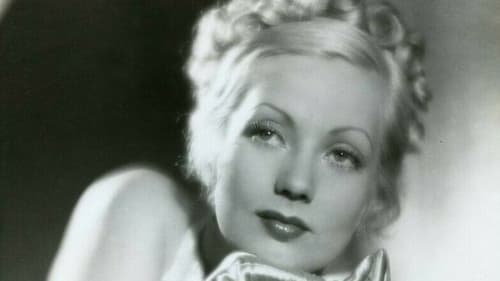
Specialty Dancer
Standard tale of husband and wife living a party lifestyle. He works in a gambling hall and she occasionally models and sings. Because they want to start a family wife feels the need to change their situation. Situation is changed and husband gets a new job and then a promotion but is tricked into a bad business deal and wants to go back to his old life.
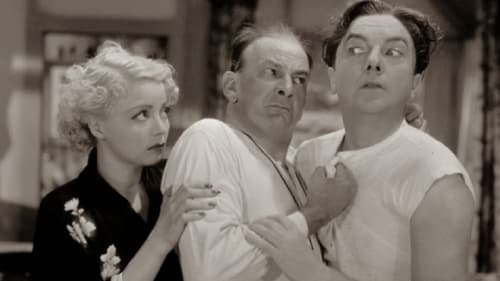
Dance Specialty (uncredited)
Southern California's Hotel Coronado caters to and is frequented by members of the social upper-crust. Although she lives on the wrong side of the San Diego track, in a tent-city with her father. Otto, and ditzy sister, Violet, June Wray is a singer with the Eddy Duchin Orchestra appearing to the hotel. Johnny Marvin, an aspiring songwriter and the son of a wealthy automobile manufacturer, is staying at the hotel and, from they moment June and Johnny meet, they fall instantly in love. Trouble arises when Johnny's father objects to the romance, and complications and help arrive in the form of two Marine-hating sailors,Chuck Hornbostel and "Pinky" Falls, when Chuck marries June's ditzy sister.

Dash
The wisp of a storyline involves two-bit radio station owner Spud Miller, who doubles as the station's sole announcer while his comic partner Smiley serves as the house crooner. On the verge of bankruptcy, Spud is receptive to the wacky notions of George and Gracie, who've just invented a television device which can pick up and transmit any signal, any time, anywhere.

Dancer on Ship
A musical comedy about a Brooklyn boy who inherits a fortune from his archaeologist father, but has to go to Egypt to claim it.

Dancer - One of the Nicholas Brothers
A barber shop owner wins a sweepstake. He remodels his shop and hires Claude Hopkins and his orchestra to play for his customers. Two songs are sung, and the Four Step Brothers tap dance in the closing number.
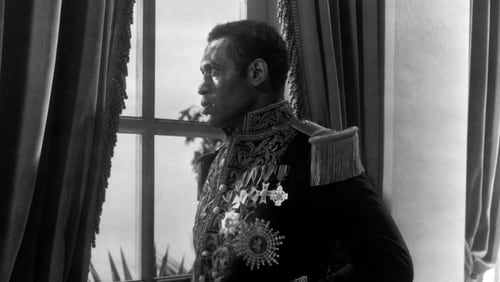
Young Tap Dancer
Unscrupulously ambitious, Brutus Jones escapes from jail after killing a guard and, through bluff and bravado, finds himself the emperor of a Caribbean island.

Baby Singer

Child with Nina / Dancer (as The Nicholas Brothers)
Short featuring musician Eubie Blake and his orchestra, singer Nina Mae McKinney, and young tap dancers Fayard and Harold Nicholas.































